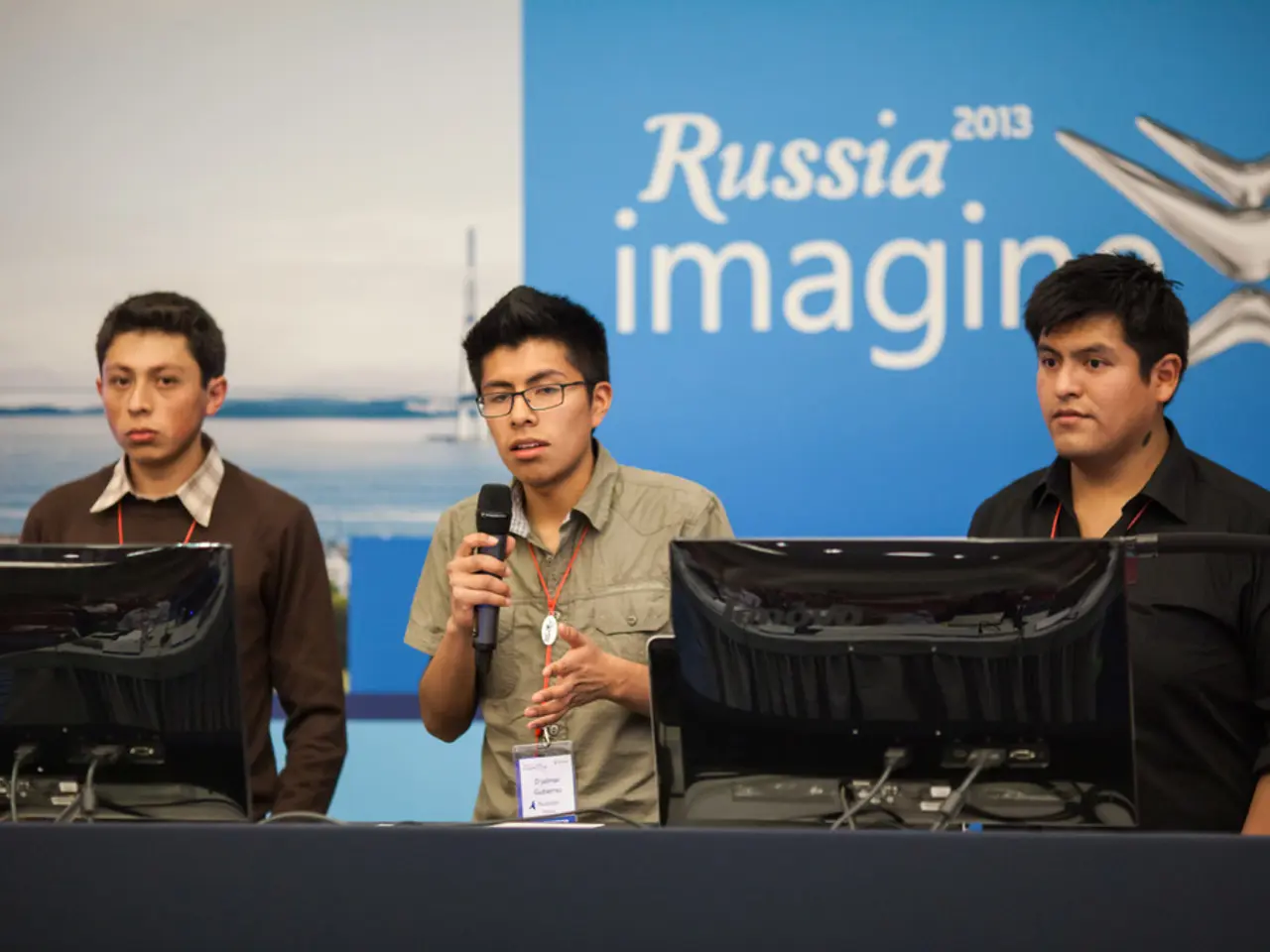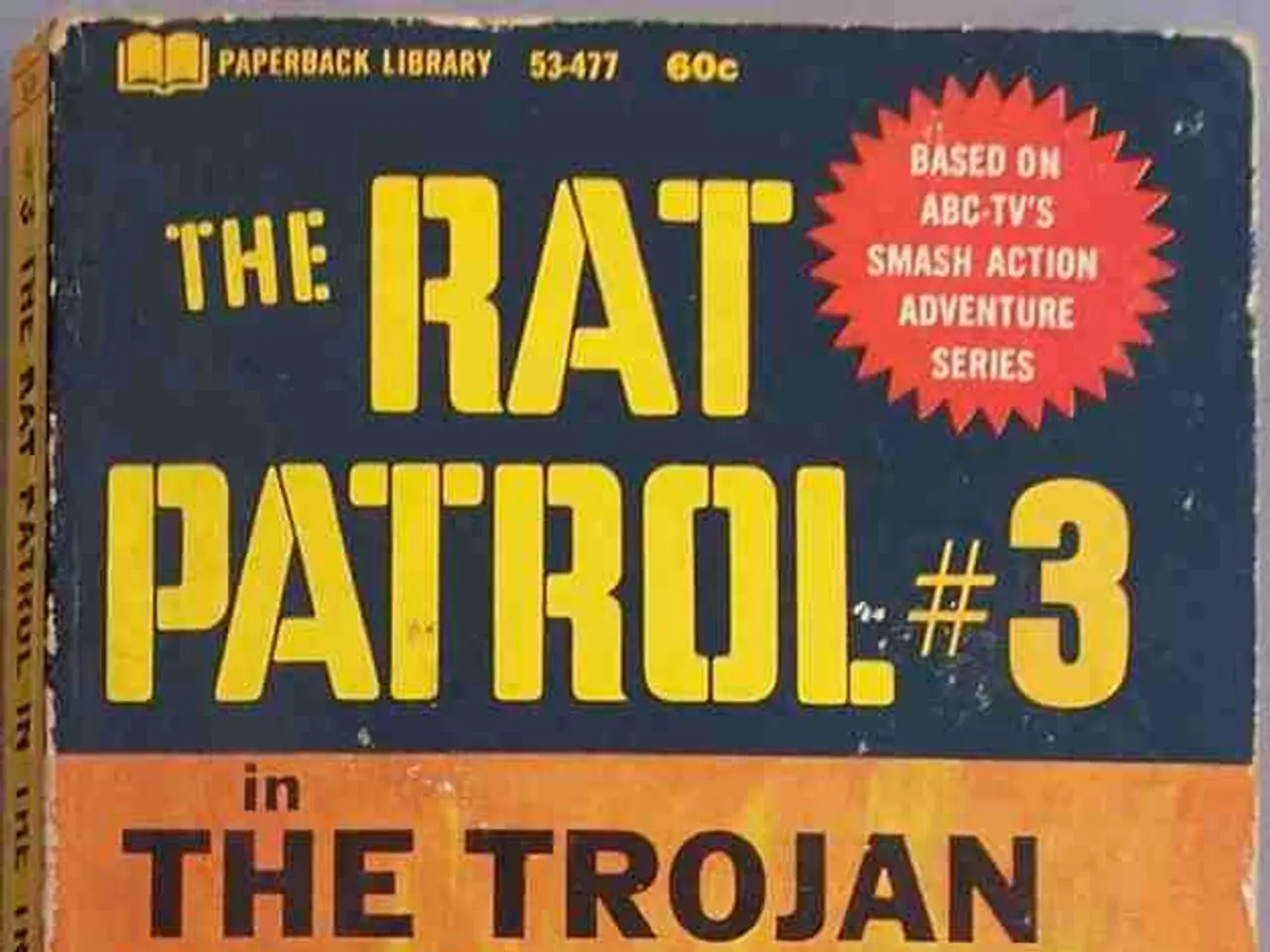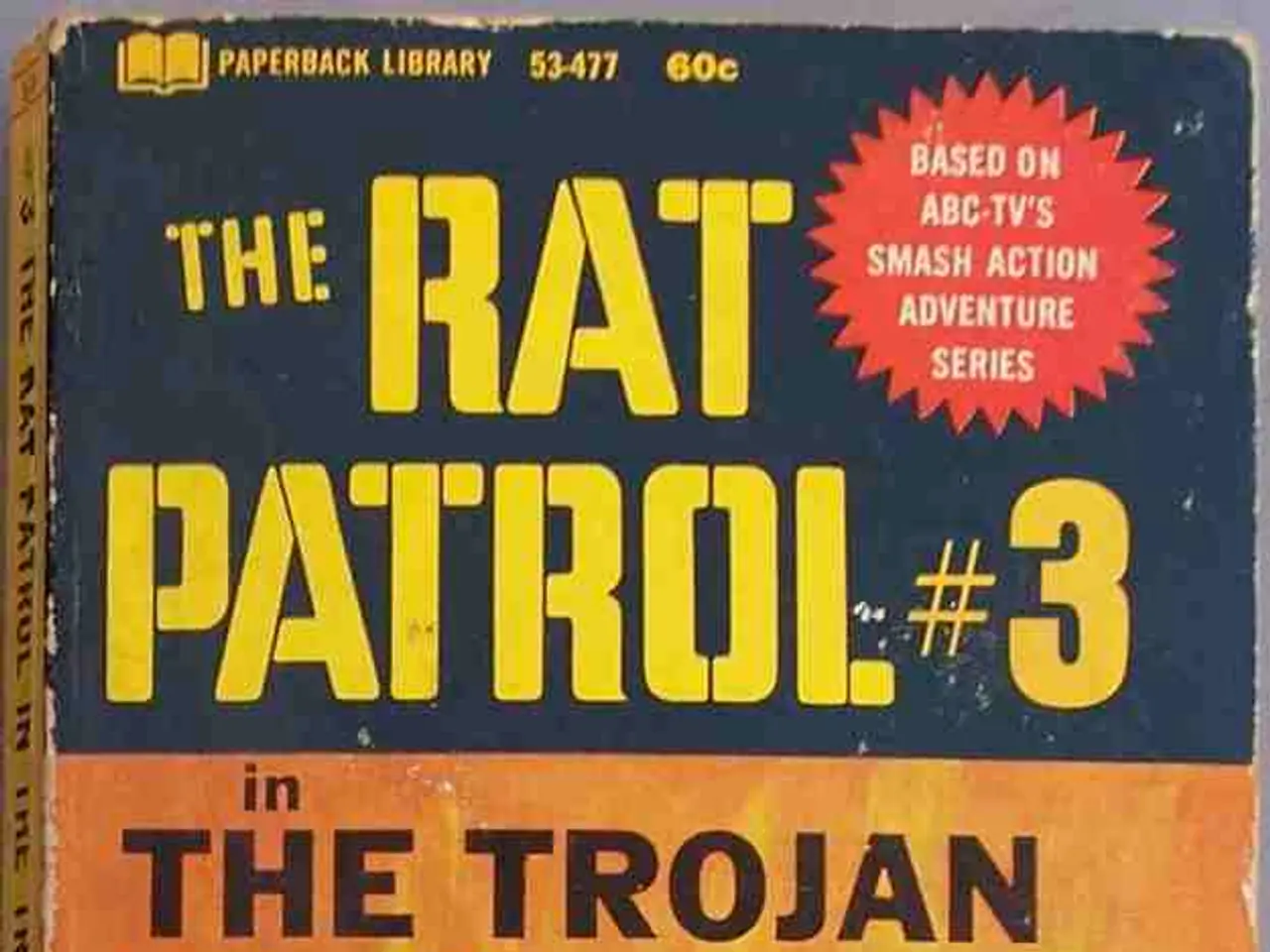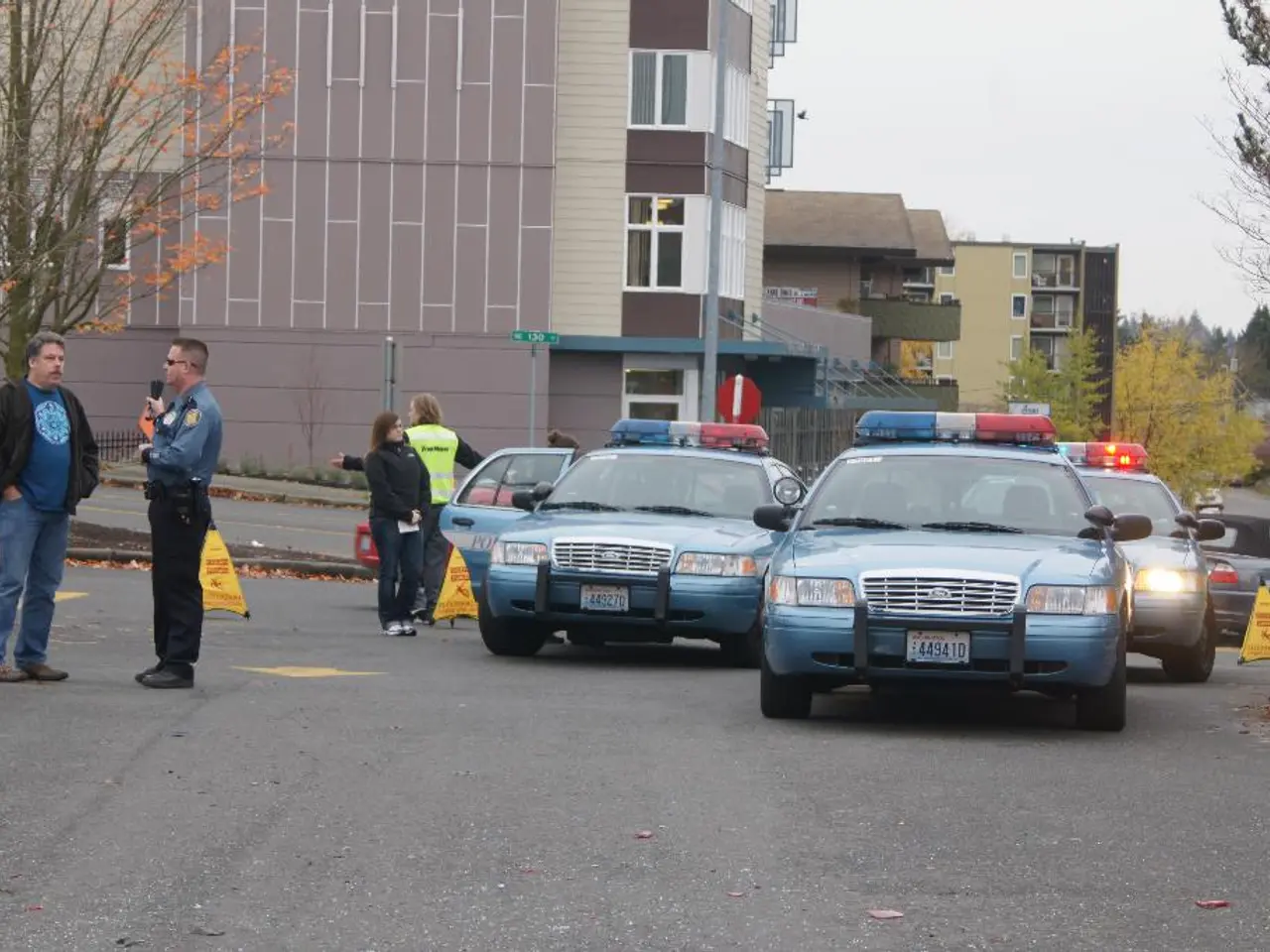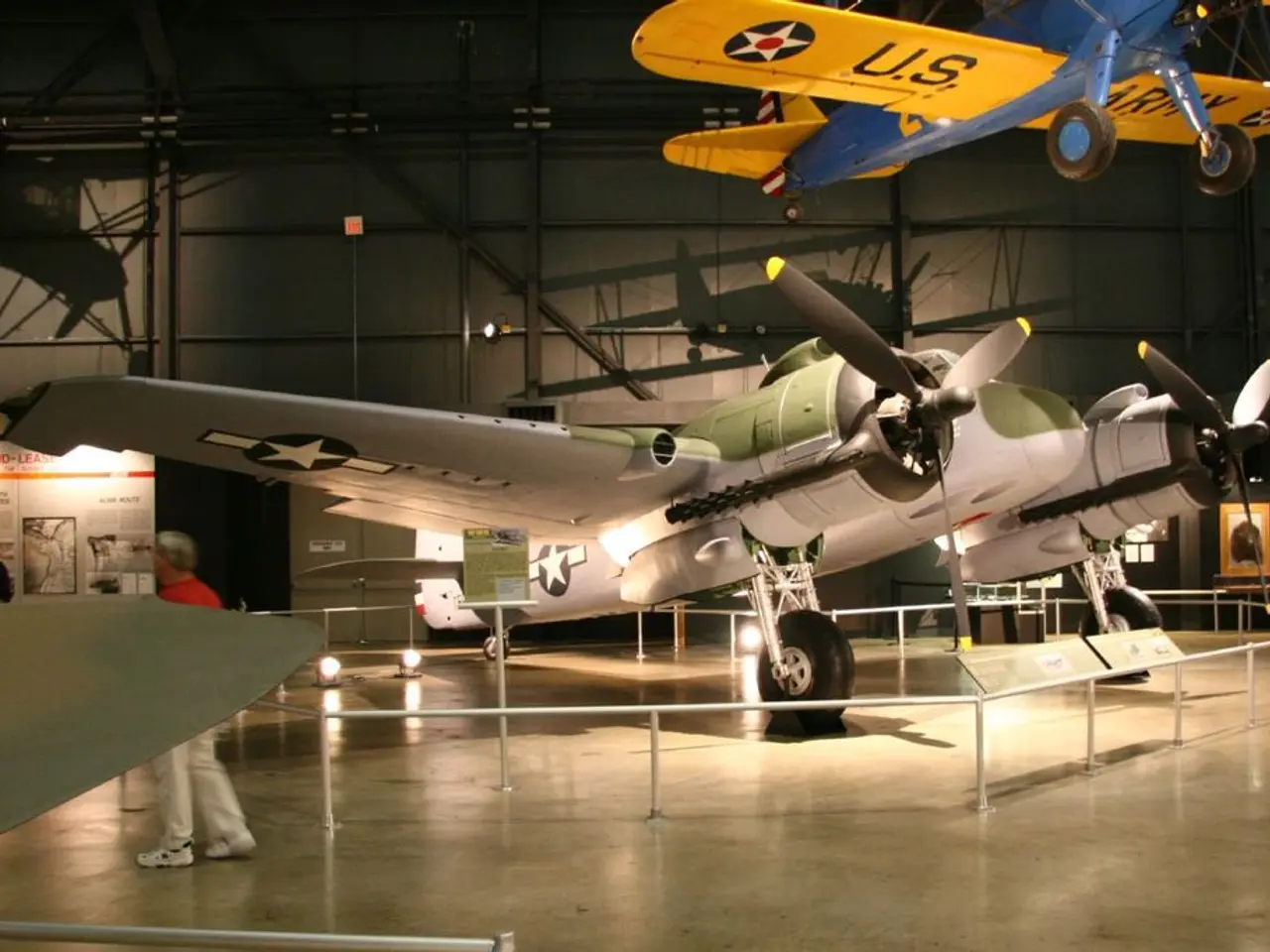Trump officials counter allegations that Clinton's team concocted false claims about Trump's links to Russia, stating bluntly: "The public is no longer falling for your deceit."
In a significant development, newly declassified documents from 2025 have shed light on allegations that Hillary Clinton approved a campaign plan to tie Donald Trump to Russia during the 2016 presidential election. The memos, which include an annex to the 2023 Durham report, were released by officials such as Attorney General Pam Bondi and former DNI John Ratcliffe.
According to the documents, Clinton's campaign aimed to "smear Donald Trump by magnifying the scandal tied to the intrusion by the Russian special services," partially to divert attention from her own email scandal. The files show coordination between Clinton's team and former President Barack Obama's administration to push a narrative that the 2016 Trump campaign was in cahoots with Russia during the election.
Republican officials, including Senator Chuck Grassley and Trump administration allies, have argued that the FBI and the Obama administration mishandled and weaponized intelligence investigations related to Russia in 2016. However, these claims have been strongly disputed by former intelligence community leaders such as John Brennan and James Clapper. They maintain that the intelligence assessments accurately concluded that Russia conducted an influence campaign designed to help Trump win, and that no credible evidence of collusion between Trump’s campaign and Russia was omitted.
The FBI's handling of the investigation, known as Crossfire Hurricane, has been a subject of controversy. FBI Director Kash Patel found the intel files - along with thousands of others - stored in "burn bags" at the bureau's headquarters in Washington, DC, and said the highly classified contents contained evidence that the Clinton campaign plotted to frame President Trump and fabricate the Russia collusion hoax.
However, some FBI analysts also said it was possible that the Russians might have fabricated or altered purported U.S. emails. Durham's office could not determine definitively whether the purported Clinton campaign plan was entirely genuine, partially true, a composite, exaggerated, or fabricated.
Biden's future national security adviser Jake Sullivan could not conclusively rule out the possibility of a Clinton plan to spread claims of Russian collusion with Trump's campaign team. The controversy surrounding these allegations remains highly contested and has not been universally accepted by intelligence experts or bipartisan investigators.
- The media's coverage of the 2016 elections, particularly concerning allegations of collaboration between Trump's campaign and Russia, may have been influenced by policies and legislation surrounding war-and-conflicts, given the significance of the recently declassified documents that suggest a Clinton campaign plan to smear Trump by connecting him to Russia.
- Crime-and-justice issues in the realm of politics have been brought to light, as the general news cycle has been dominated by discussions about the integrity of intelligence investigations and allegations of mishandling and weaponization during the 2016 elections, with Republican officials raising concerns and former intelligence community leaders disputing these claims.
- As the controversy surrounding the Clinton campaign's possible role in spreading claims of Russian collusion with Trump's campaign team remains highly contested, policy-and-legislation related to war-and-conflicts and crime-and-justice may be impacted, with implications for future electoral campaigns and overall trust in the political system.
